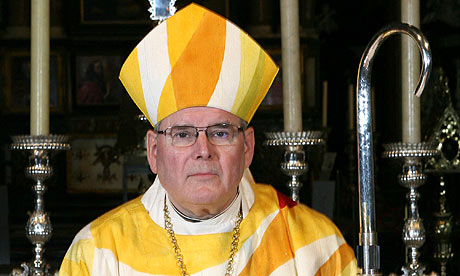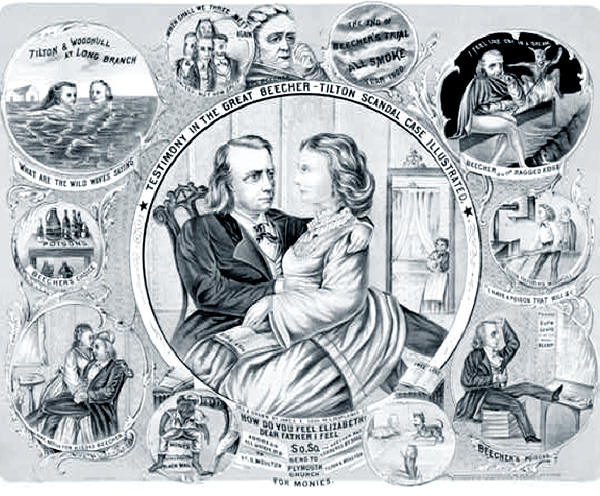As a board member of BishopAccountability.org, I agree with Chaput, the new archbishop of Philadelphia. John Allen interviewed him:
What about the issue of the accountability of bishops inside the church itself? Critics often argue that recovery from the crisis can’t happen until bishops who covered up the abuse are punished as severely as the priests who committed it.
I understand that, and I think it’s a legitimate concern. We should have accountability for our actions in the church, and bishops should be as accountable as priests and laity. I’m sympathetic to the idea that there should be real consequences, with teeth, to acting contrary to the law of the land, the discipline of the church, or the moral law of God.
Do you think there are sufficient accountability provisions for bishops right now?
I’ll say something that many people in the church aren’t saying, which is that we ought to study this question and reflect on it very seriously. We should take up the issue of accountability, including accountability for bishops, in a formal, clear, and decisive kind of way.
Any sense of what that might look like?
No, because we haven’t done the study yet. In terms of the disciplining of bishops, that’s traditionally under the responsibility of the Holy Father. Since the question has been raised, I think the details of how someone can be held accountable ought to be developed and the Holy Father ought to give his approval when the appropriate time comes. I think it would be useful to him, and to all of us in the church, if there were clear principles and procedures.
I will assume that Chaput is sincere in these statements; buy how widely his view is shared by bishops and Vatican officials is uncertain; all indications are that being a bishop means never having to say you’re sorry, much less having to suffer any consequences for your actions and inactions.




